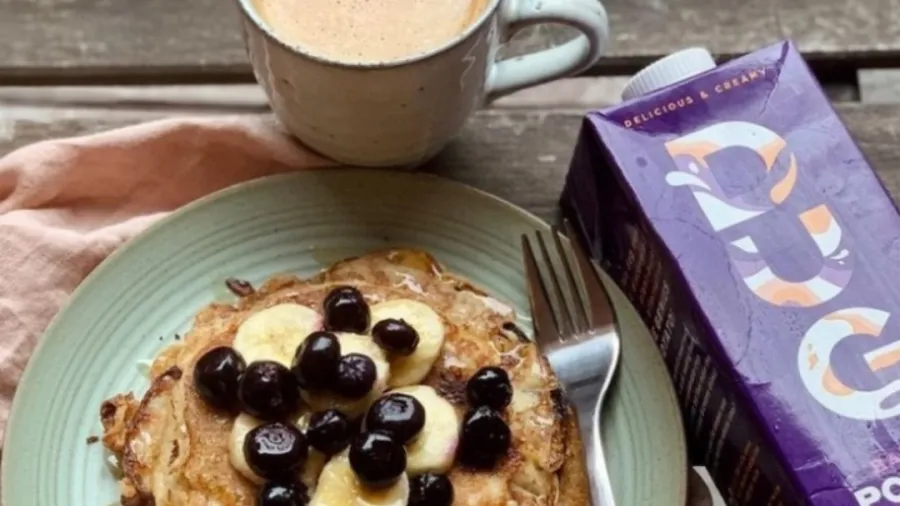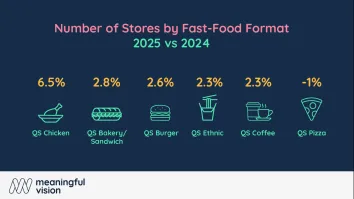
Potato milk could displace oat as more sustainable milk alternative: analyst
Potatoes remain a niche ingredient in the plant-based milk space.
Potato milk has the potential to displace oat as a more sustainable dairy free milk alternative in the UK, Mintel global food and drink analyst Ophelie Buchet suggested.
“The next plant-based milk will have sustainability at its core. Consumers switch from dairy milks to plant-based because of their better environmental credentials, above taste and price. This is especially true for young consumers, who consume less animal proteins primarily to help the environment,” she said in a blog post from the research company that discussed top vegan trends to watch in the three markets.
“Potatoes are a very niche ingredient in the plant-based milk category (representing on average less than 0.2% of launches according to Mintel GNPD). However, high profile launches like DUG’s potato-based drink could boost interest for the plant-based ingredient,” she added.
Buchet, citing potatoes’ higher land-efficiency compared to oats, believes potato milk can also help convince consumers that plant-based milks bring affordability as well as nutrient density.
“Price is still the number one purchase barrier for the plant-based milk category and according to DUG, potato milk is a familiar affordable ingredient that is also free from 14 most common allergens, low in saturated fats, low in sugars and enriched in calcium, vitamin D, riboflavin, vitamin B12 and folic acid,” she explained.
‘Snackification’, plant-based seafood
Dusseldorf-based food and drink analyst Valentin Thies said ‘snackification’, which he defined as the act of replacing traditional meals with snacks spread throughout the day, could become a key catalyst in driving further growth for meat alternative sales in the country this year.
“The meat alternatives market in Germany is becoming increasingly saturated with products targeting main mealtimes (e.g. burgers), hence, smaller snack formats could unlock new eating occasions with flexitarians,” he said.
“Although over half of German snackers snack at least once a day, the topic remains unexplored for many meat alternative brands. Younger consumers, especially the 16-24 year-olds, present a key opportunity in Germany: nearly six in ten of them snack instead of having a proper meal at least once a week, and they also drive the demand for eco- and health-friendly plant-based foods.”
Chicago-based global food and drink analyst Dasha Shor said plant-based seafood innovation is heating up, citing fish and shellfish alternatives.
“Fish substitutes can address environmental and ethical concerns. This includes overfishing, as well as concerns around labor practices (e.g. peeling shrimp), environmental pollution (including microplastics), and diseases that affect farmed fish communities,” she explained.
“In the future, plant-based seafood products can also find a niche in imitating species that are rare, endangered, or more difficult and expensive to collect, clean and transport – like sea urchin, bluefin tuna, sturgeon or fish roe.”
























